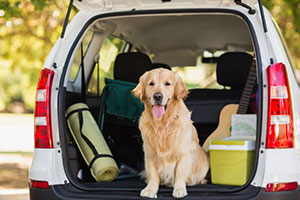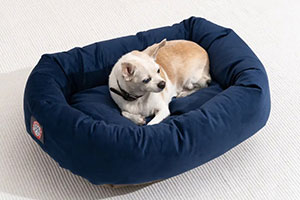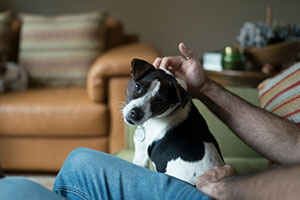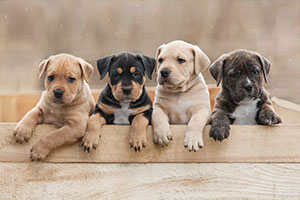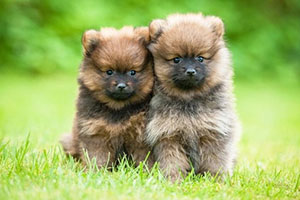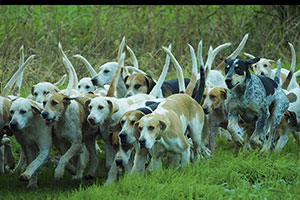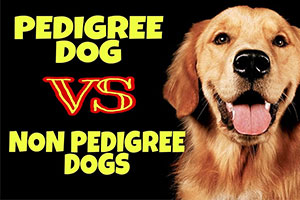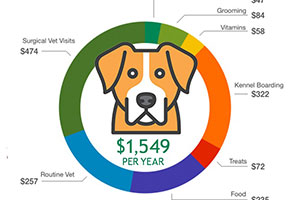What Type of Dog to Choose?
Choosing your dog | by
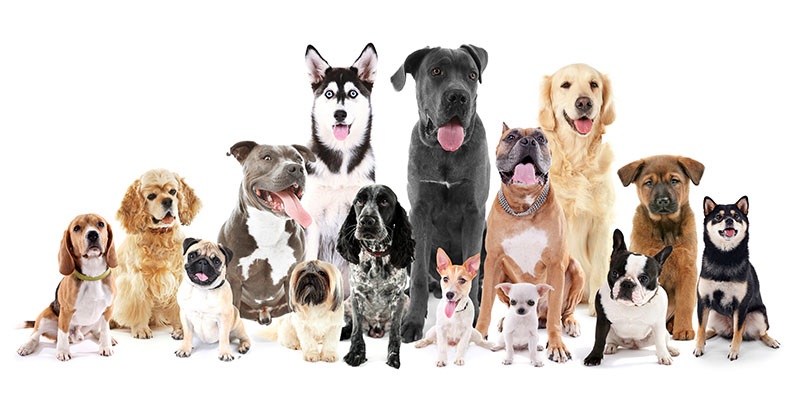
Dogs are companions. If you want one just as a guard, buy a burglar alarm. Dogs are usually effective burglar deterrents, whatever their breed, but their first function in a home must be as a friend - and there is no better friend. They don't criticize you (or not too unkindly), they don't sulk (or not for too long), and they are always there to comfort you and love you.
Choosing the right breed is an intensely personal matter, but there are broad guidelines. The size of the fully grown dog is important, but perhaps not quite so critical as it may seem. Very large dogs need a lot of exercise, and once you have decided that there is room in your house for a large dog, exercise is the most important consideration. Most people, however, want a dog that fits reasonably into the home environment. A couple of Wolfhounds may be your ideal, but their bulk may make a small flat uninhabitable.
The Labrador Retriever, a dog which, if not overweight, will weigh when mature about 30 kg (66 lb), is the most popular dog in the United States and the United Kingdom. Rottweiler is second in the US and the German Shepherd comes in third. In Britain, the German Shepherd is second and the Golden Retriever is third. These are all large dogs. By no means do all of them live in large houses.
Breed or type behavior is probably more important in choosing a dog than any other characteristic. It pays to ask not just dedicated owners but knowledgeable people outside the breed - your veterinarian sees a wide variety of dogs every day.
Typically, the terrier types are lively, not easy to train, but very responsive dogs. They are good with children if properly trained. Toy dogs are usually better companions for owners who do not have young children. The dogs may be upset by what they perceive as large noisy humans rushing around. Their fear may make them snappy, with unhappy results. All toy dogs will be happy with as much exercise as you can give them, but they may be equally happy with only a moderate amount.
Hounds need as much exercise as possible. With this condition they make very good house dogs who love their comfort. Breeds in the other groups vary, but, in general, the working breeds are all better with an occupation that keeps them out of mischief. The gundog (sporting) breeds are generally easy to train, and settle into the human environment without difficulty. They need exercise, and lack of exercise shows.
Certain of the herding breeds, typified by the Border Collie, are, or should be regarded as, specialist working dogs. They demand more attention than other breeds if they are not to become neurotic pets. Outside their traditional working function they have become the outstanding type in obedience work of all sorts. Provided you are able to give sufficient attention to them to keep their very active minds occupied, they are among the most rewarding of pets. But if you don't they will find something to occupy themselves, and it will be trouble.
With so many breeds to choose from, as well as crossbreds and mongrels, there really isn't a typical household pet these days.
